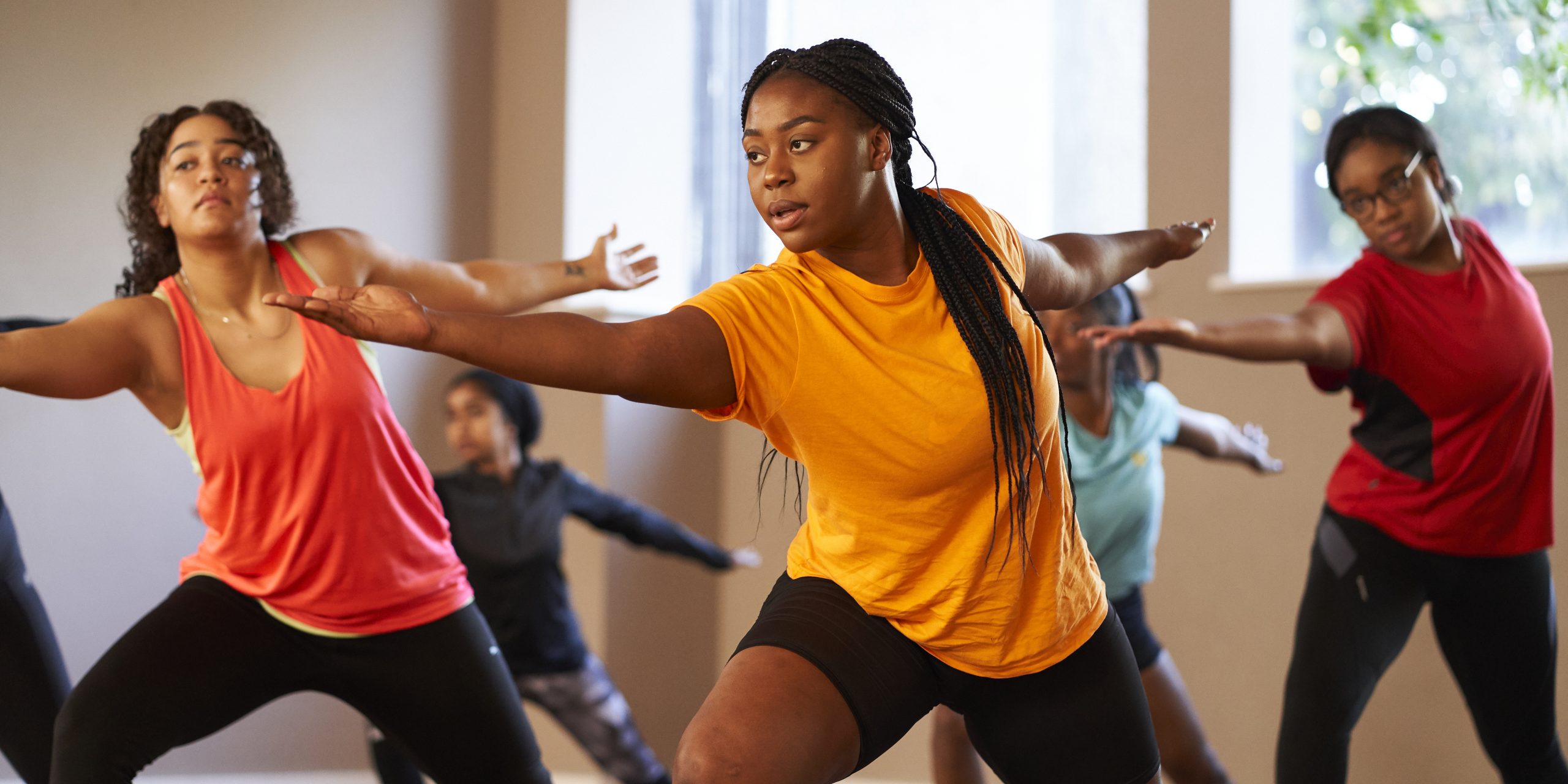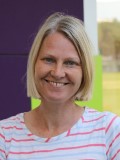
- Date and Time
- 22nd September 2021, 17:30 - 19:15
- Booking
- The event has passed
Speakers’ talks are available to view at the following times:
Dr James King – Total daily energy expenditure as a regulated variable: implications for exercise and weight management (1 min 44 secs)
Dr Scott Willis – Location, location, location: understanding why all fat is not equal (24 mins 12 secs)
Professor Lettie Bishop – Upping the anti: how being more active can have anti-inflammatory effects (52 mins 17 secs)
Healthcare professional lifestyle education series – Session 1
This session was the first in a series of five expert talks providing a continued professional development opportunity for individuals working within healthcare who have a special interest in lifestyle medicine.
Each talk provided cutting-edge information relating to developments within the fields of exercise as medicine, nutrition, and behaviour change. Led by a team of world-leading academics, each talk conveyed the key take-home messages from the latest research with the aim of extending the knowledge and understanding of those with a basic interest in the field.
This Autumn series covered a range of topical areas spanning the physical activity continuum with application to physical and mental health. Further details on the speakers and content is below.
Dr James King: Total daily energy expenditure as a regulated variable: implications for exercise and weight management
The role of exercise in weight management is a topic that always attracts interest. Given that exercise expends energy, it is thought that simply moving more will lead to an increase in total daily energy expenditure. In turn, this higher level of energy output will generate weight loss or slow down the rate of weight gain. Recent evidence suggests this may not be the case. A new theory of ‘constrained energy expenditure’ has been put forward by evolutionary biologists at Harvard University. This thesis suggests that increases in exercise-related energy expenditure are compensated for by automatic (involuntary) decrements in other energetically expensive bodily processes. Therefore, exercise may not increase total daily energy expenditure as much as we once thought. This talk outlined the evidence supporting this theory and flag its merits and implications.
 |
Dr James King is a Senior Lecturer in Exercise Physiology at Loughborough University. His research interests span two primary areas: 1) Appetite regulation and energy balance 2) Obesity-related chronic metabolic disease (particularly type 2 diabetes and non-alcoholic fatty liver disease). He is a key researcher within the NIHR Leicester Biomedical Research Centre and an Associate Editor for the International Journal of Obesity. |
|---|
Dr Scott Willis: Location, location, location: understanding why all fat is not equal
Obesity is defined as the excessive accumulation of body fat which presents a risk to health. However, storing fat centrally in visceral and ectopic locations, such as the liver, is associated with a much greater health risk and plays an important role in the development of obesity-related chronic diseases such as Type 2 Diabetes and metabolic-dysfunction associated fatty liver disease (MAFLD). Emerging research also suggests that the type of fat being stored in these locations (e.g. saturated or unsaturated fat) may also impact our metabolic health. This talk discussed the importance of fat location and composition in determining our metabolic health and will explore potential therapeutic strategies with a particular focus on exercise and diet.
 |
Dr Scott Willis completed his degrees at Loughborough University between 2012-2020, finishing his PhD in October 2020. He is a Research Associate at Loughborough University as part of the Leicester Biomedical Research Centre, Lifestyle theme. Scott’s research broadly focuses on exercise, diet and chronic diseases such as obesity, type 2 diabetes and metabolic dysfunction-associated fatty liver disease (MAFLD). |
|---|
Professor Lettie Bishop: Upping the anti: how being more active can have anti-inflammatory effects
Chronic systemic inflammation underlies the development and persistence of several long-term conditions including heart, lung and kidney diseases, diabetes, dementia and certain cancers. It is also present in many apparently healthy people long before the development of overt disease. Higher levels of physical activity are associated with reduced markers of systemic inflammation and the so-called ‘anti-inflammatory’ effect of exercise is gaining attention as we search for cost-effective interventions to prevent or delay onset of these conditions. In this talk Lettie used examples from her team’s research and others to illustrate the different ways that physical activity and exercise can positively alter the characteristics of inflammatory immune cells in clinical and non-clinical populations and how ‘upping the anti-‘ through physical activity could act as an behavioural adjuvant for traditional therapies.
 |
Professor Nicolette (Lettie) Bishop is Professor of Exercise Immunology in the School of Sport, Exercise and Health Sciences at Loughborough University, based in the National Centre for Sport and Exercise Medicine – East Midlands. Lettie’s research interests lie in how physical activity and exercise can influence immunity, immune-mediated inflammation and infection burden in the general population, those with long-term inflammatory conditions as well as athlete populations.
Lettie works closely with clinical colleagues as well as exercise physiologists from the English Institute of Sport. Recent projects have been awarded project funding from the NIHR, Heart Research UK, the National Ankylosing Spondylitis Society and Yakult Honsha. Lettie has published over 120 peer-reviewed journal articles, editorials, book chapters and review articles in the area of exercise immunology and she is the current Chair of the UK Society for Exercise Immunology. |
|---|
Other events in the series
- Stress, sitting time and physical activity caloric equivalents Wednesday 6th October 17:30
- Motivation, eating behaviour and diabetes in young adults Wednesday 20th October 17:30
- Hearing loss, health and wellbeing Wednesday 3rd November 18:00
- Physical activity, cancer and cardiometabolic health Wednesday 17th November 17:30
If you would like to receive email updates letting you know when we are holding future events please sign up here.